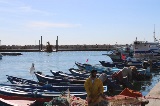
Expanding social protection coverage for fishers and fish workers in Tunisia
27/07/2023
Meet Abdessalem, Taher, and Marbouka, fishers from Tunisia. Through their voices, discover their work, challenges, and the obstacles they face in accessing social protection. Find out more about FAO's social protection initiative for the fisheries and aquaculture sector (socPro4Fish) in Tunisia.

Social Protection in the Fisheries and Aquaculture sector
12/05/2021
This video is part of the “Social Protection in Rural Areas: building responsive systems in the context of Covid-19” series at the FAO e-learning academy. This session gives us an introduction to social protection in the fisheries and aquaculture sector.
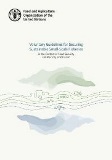
Voluntary Guidelines for Securing Sustainable Small-Scale Fisheries in the Context of Food Security and Poverty Eradication
01/01/2015
The Voluntary Guidelines for Securing Sustainable Small-Scale Fisheries in the Context of Food Security and Poverty Eradication (SSF Guidelines) represent the first ever international instrument dedicated to small-scale fisheries. They represent a global consensus on principles and guidance for small-scale fisheries governance and development.
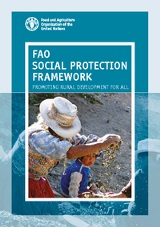
Promoting rural development for all
01/01/2017
FAO Social Protection Framework presents the Organization’s vision and approach to social protection. FAO recognizes the critical role social protection plays in furthering and accelerating progress around food security and nutrition, agriculture development, rural poverty and resilience building.
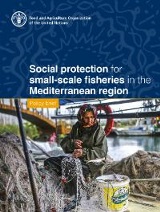
Social protection for small-scale fisheries in the Mediterranean region - Policy brief
01/01/2019
This policy brief presents the outcomes of a study commissioned by the FAO and the GFCM on available social protection systems in five countries in the Mediterranean (Albania, Egypt, Lebanon, Morocco and Tunisia).
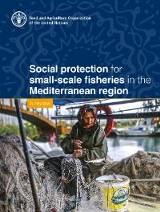
Social protection for small-scale fisheries in the Mediterranean region
01/01/2019
This study commissioned by the FAO and the GFCM reviewed available social protection systems in five countries in the Mediterranean (Albania, Egypt, Lebanon, Morocco and Tunisia). It identifies the conditions and vulnerabilities of fishers, along with best practices in the provision of social protection programs and policies, and proposes recommendations to improve the coverage and effective delivery of social protection programmes for small-scale fishers in the region.
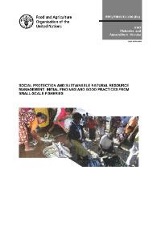
Social protection and sustainable natural resource management: initial findings and good practices from small-scale fisheries
20/05/2015
The paper explores how social protection interventions can be used to reduce the vulnerability and strengthen the resilience of households and communities who depend principally on renewable natural resources to sustain their livelihoods and food security, using the case of small-scale fisheries as an illustrative case.
